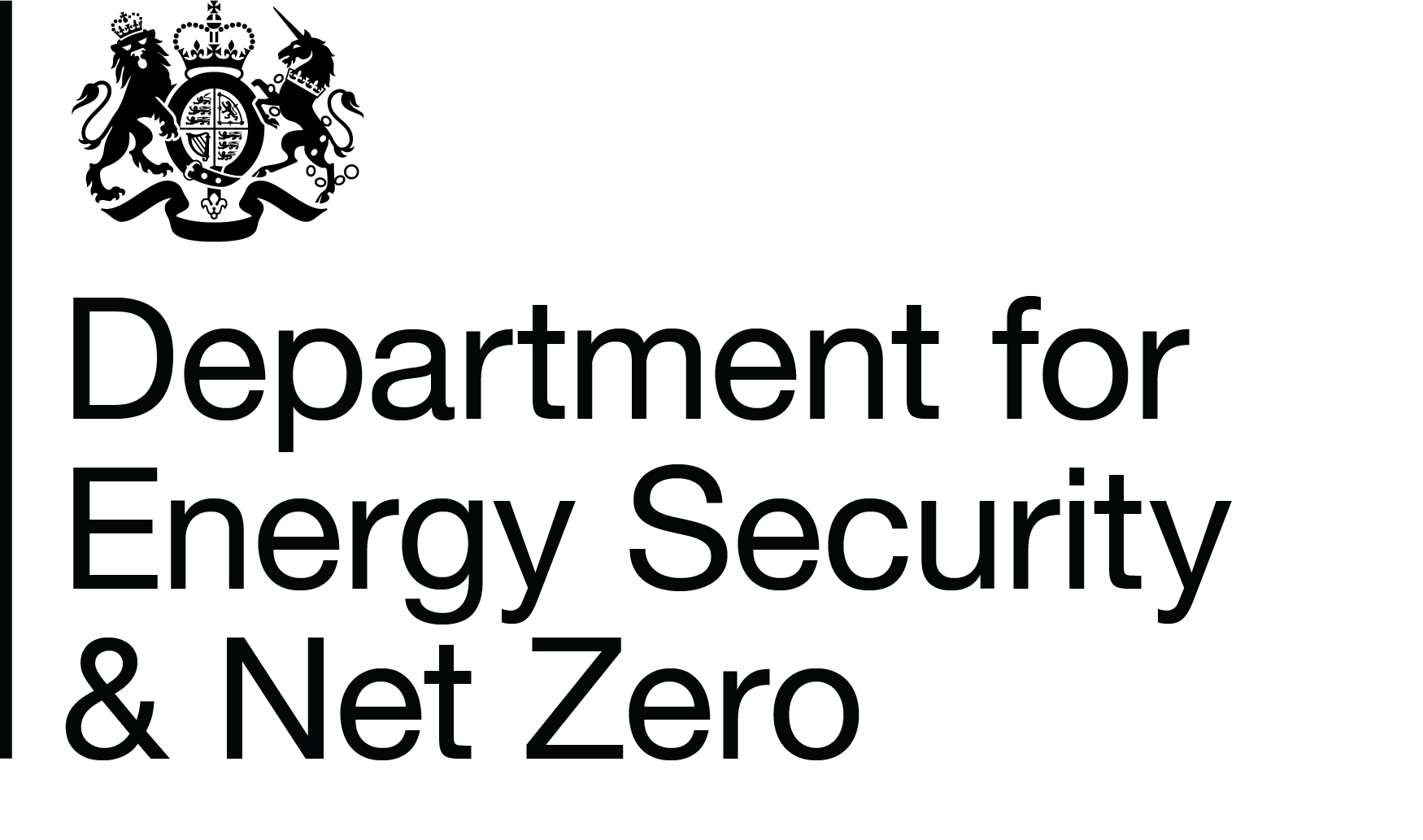Price-based competitive allocation for low carbon hydrogen production: call for evidence
Overview
Based on feedback we have decided to extend the deadline for this call for evidence by a week to 11 August 2023, to allow more time for responses.
In the British Energy Security Strategy (BESS) we set out our aim to hold annual allocation rounds for electrolytic hydrogen moving to price-based competition by 2025 as soon as legislation and market conditions allow.
The purpose of this call for evidence is to gather evidence to understand more about:
- market conditions needed for the UK to transition to price-based competitive allocation for electrolytic projects, and potentially other non-CCUS technologies;
- the extent that a price-based competitive allocation process could incentivise projects to support broader outcomes beyond cost reduction of low carbon hydrogen production; and
- how price-based competitive allocation should be designed.
Why your views matter
The evidence gathered will be analysed and used to inform future competitive allocation policy. Through these answers you can support how government policy on future hydrogen allocation rounds is shaped.
Audiences
- Construction
- Consumer organisations
- Finance
- Innovation community
- Investment
- Large businesses (over 250 staff)
- Legal representative
- Low carbon technologies
- Manufacturing
- Medium business (50 to 250 staff)
- Multinational businesses
- Oil and Gas
- Research Councils
- Researchers
- Science Policy organisations and thinktanks
- Small business (10 to 49 staff)
- SMEs (small and medium businesses)
- Technology (R&D)
- Thinktanks
- Trade bodies
- Universities
- University associations
- Wind
Interests
- Business investment
- Carbon budgets
- Competitiveness
- Distributed energy and heat
- Economic growth
- Effectiveness
- Electricity
- Electricity
- Emissions
- Energy and climate change
- Growth
- Industrial strategy
- Innovation
- Investment
- Productivity
- R&D
- Renewable energy
- Renewable energy
- Research
- Security and resilience
- Security and resilience

Share
Share on Twitter Share on Facebook